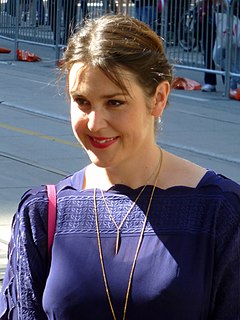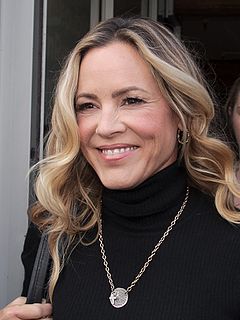A Quote by Yossi Ghinsberg
It was like a dream come true for me. When you write the book, it's still intimate. It might have been a best-seller but it's still my story, as I wrote it. The moment we or they make a movie, it's not my story anymore. There's a lot of letting go involved in the process.
Related Quotes
I still think about the letter you asked me to write. It nags at me, even though you're gone and there's no one to give it to anymore. Sometimes I work on it in my head, trying to map out the story you asked me to tell, about everything that happened this past fall and winter. It's all still there, like a movie I can watch when I want to. Which is never.
A lot of people will think I changed the book: ‘so you’re the tiger instead, you’re the tiger who ate the cook.’ That’d be totally expository, like in the book, ‘you’re the tiger’ and then it stops there. That seems to have the magic touch. I bring everything together. That’s why he made up the story, the whole thing becomes internalized. That might be the magic, but all I did is not so much interpreted, but try my best to keep everybody still staying in the movie. And I was like, ‘God, it’s so hard to do.’ I make movies for a long time. It doesn't get easier.
The stories that have had the deepest impact on me and one of the reasons I was excited to finally get to write my story, it's when I can read the story of others who are following Christ, who are committed, but just are still on the journey. They haven't arrived, and can be honest about that process.
*I want to keep walking away from the person I was a moment ago... *So soon you will be in that part of the book where you are holding the bulk of the pages in your left hand, and only a thin wisp of the story in your right. *We get one story, you and I, and one story alone....It might be time for you to go. It might be time to change, to shine out.
No one can write a best seller by trying to. He must write with complete sincerity; the clichés that make you laugh, the hackneyed characters, the well-worn situations, the commonplace story that excites your derision, seem neither hackneyed, well worn nor commonplace to him. ... The conclusion is obvious: you cannot write anything that will convince unless you are yourself convinced. The best seller sells because he writes with his heart's blood.
I feel like any actor should always be thinking about how to serve the story. The thing to be cautious of is trying to make too much of your "moment," or whatever. The story is a lot bigger than you, and you're there to help it along. The thing to think about is whether what you're doing is true to the moment and where the story's going, rather than going, "Here are my scenes. What can I try and do to make the most of them?"
If I completely understood what was going on and I understood these songs, they wouldn't make sense to play live anymore. They're still enigmatic for me. I'm still searching in the songs as they are. That's what's actually been the most fun about playing and touring for me is that there's still a lot of caverns in the songs where you can go and hide out different nights.
The one good thing about a movie and music and stuff like that: Sometimes it's a counterpoint between the movie and the music itself, the difference and the tension they build together. I think that could be something that helped with me, because when I write songs now, I write lyrics a bit like that. I try to make the music be an interesting twist on the lyrics and help tell the story in a - I don't tell crazy stories, you know? So a lot of times, the twist is in the subtleties. The twist is in the way the story's told.
I don't really have a method or a technical process. I studied [Sanford] Meisner, and that's the thing that really works for me. That sort of instinctual, in the moment, what the other actors do, working off them and letting the story unfold, as opposed to having an idea of what the story should be.
The process for writing a picture book is completely different from the process of writing a chapter book or novel. For one thing, most of my picture books rhyme. Also, when I write a picture book I'm always thinking about the role the pictures will play in the telling of the story. It can take me several months to write a picture book, but it takes me several years to write a novel.



































